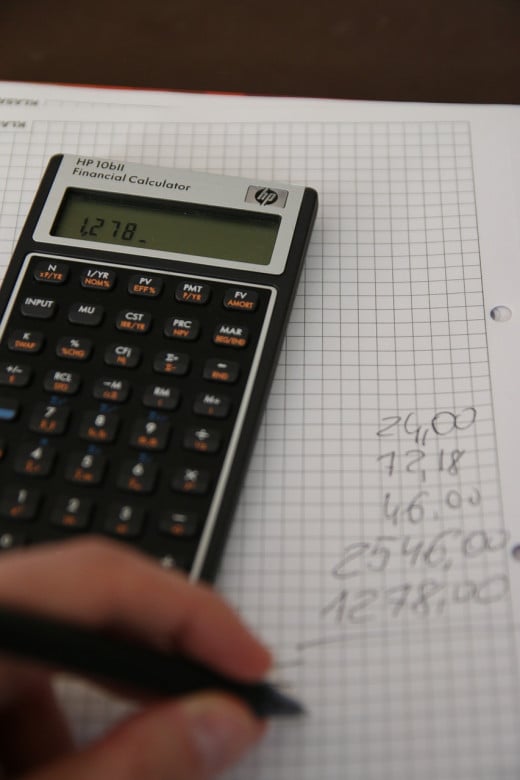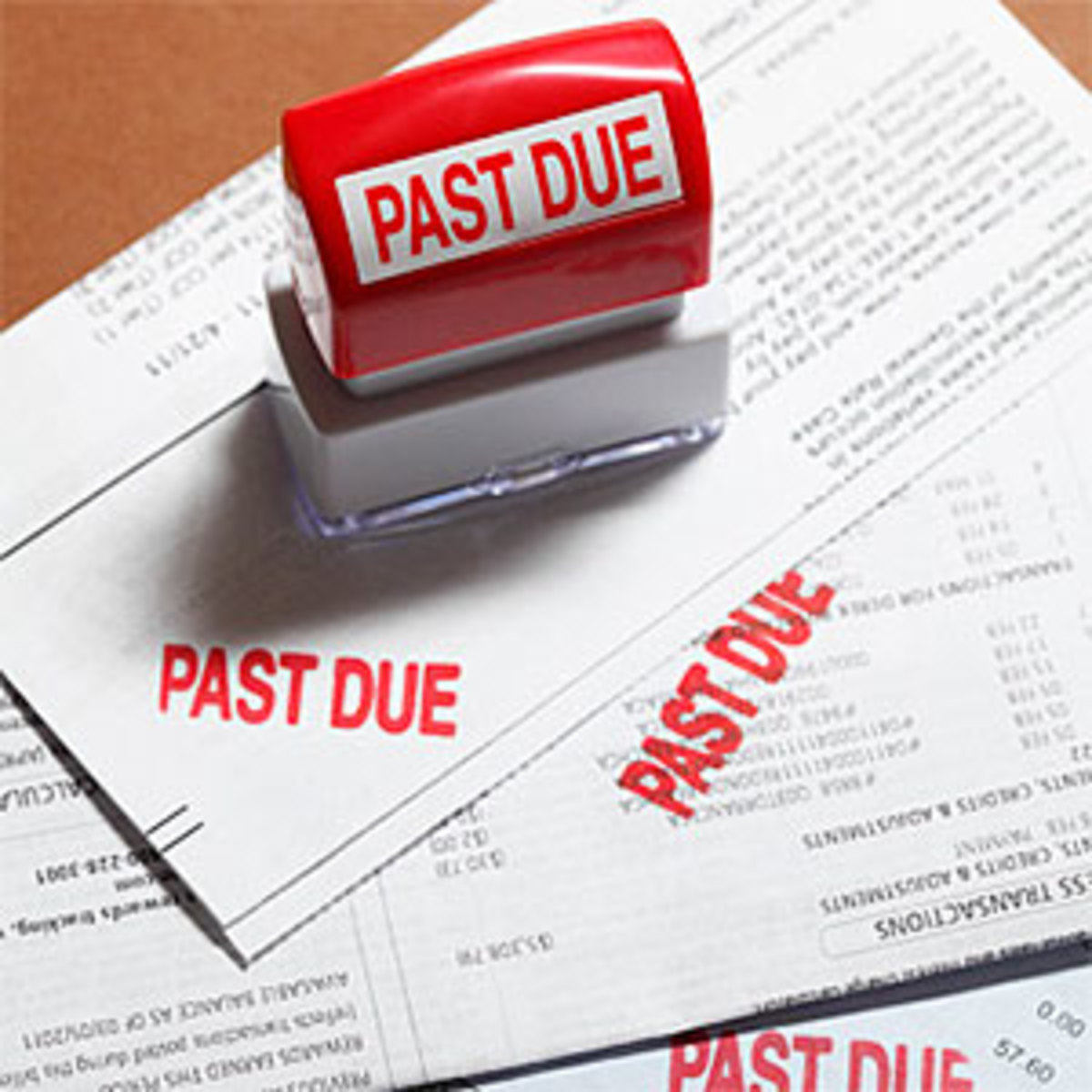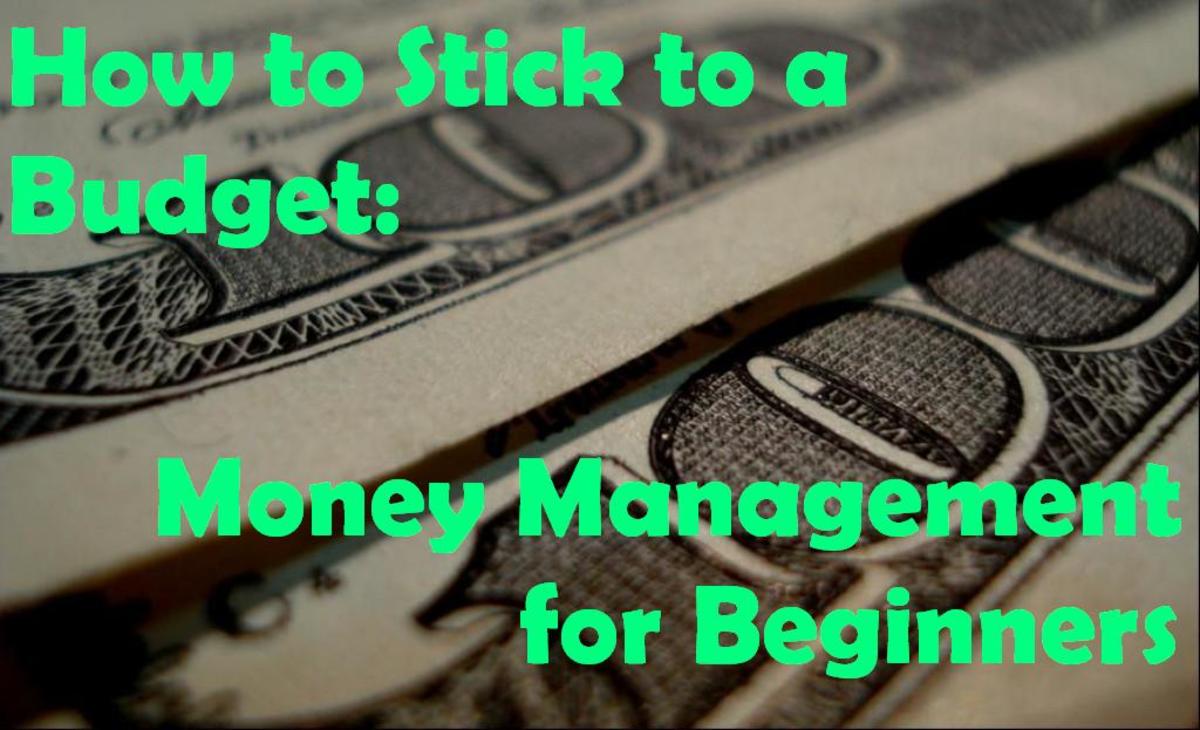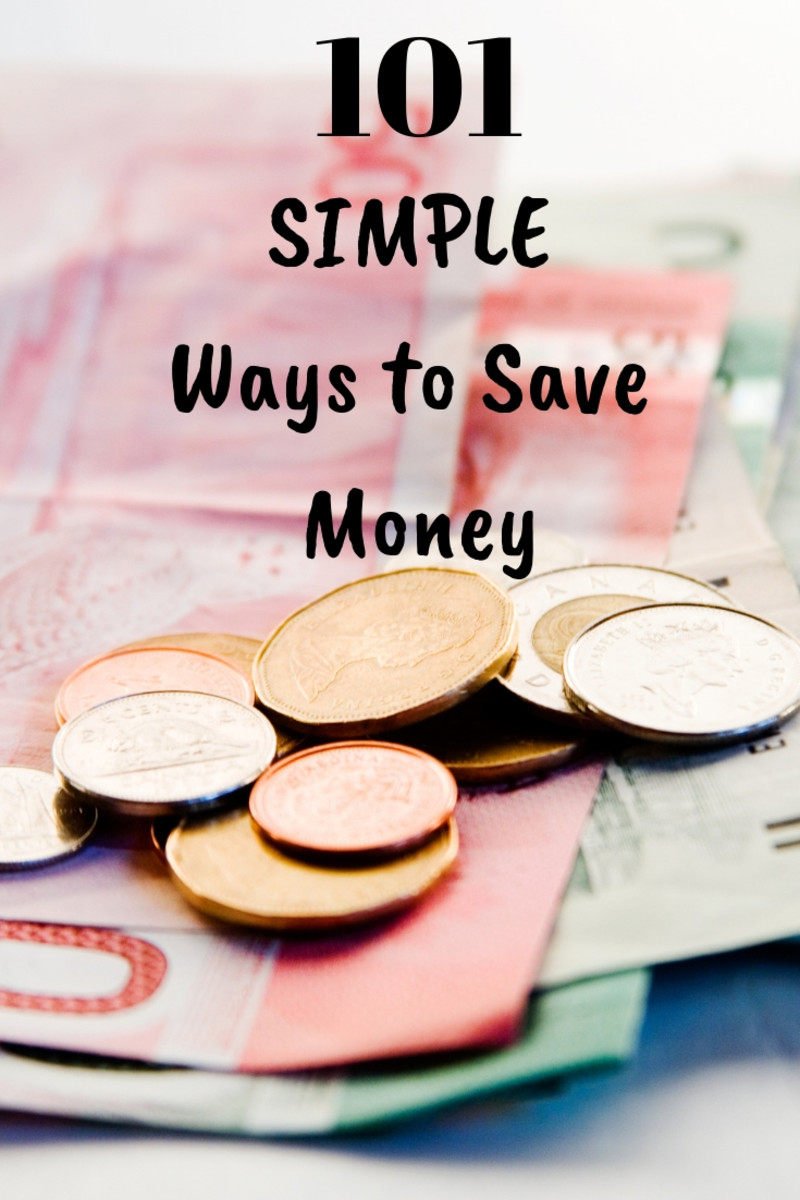Tips to Reduce Debt and Save Money

Getting into debt is easy, getting out of debt is hard and takes time. This is something many people have experienced some time in their life. There is a lot of help such as budgeting services, financial advisors and other services for those who would like to get out of debt. But how can we help ourselves get out of debt? After all, others can only provide us with advice, it is we who have to take action. It requires some thought and self-discipline to get out of debt as soon as possible. The first step is to learn the psychology of money and see what attitude we must develop towards managing it.
4 Ways to Manage Money Wisely
In life, it is not how much money you make, it is how much money you save and manage wisely. There are some simple principles of managing money without going into debt:
- spend within your means.
- save money regularly.
- put aside money for emergencies.
- Save up for buying the things you want instead of using credit cards or borrowing money.
These principles have to be followed when one is trying to get out of debt and also after getting out of debt when there will be surplus money to manage.
5 Tips to Reduce Debt
The main reasons why people get into debt are because they buy things they cannot yet afford or in a worse scenario their income is less than their expenses.
There are five steps to reducing debt as soon as possible:
- Budget for your expenses so that they are within your income, including the regular debt repayments.
- Do not take on any more debts.
- Increase your income or Reduce your expenses
- Pay off debts with the highest interest first.
- Roll over the payments of the debts you cleared onto the other debts.
- Do not start saving before getting out of debt.
Free Online Budget Planner and Calculator
- Free Online Budget Planner | Printable Budget Calculator
Use this free Budget Planner Tool to work out your regular income and expenses. Learning how to budget is an essential part of developing your debt management. - Calculators | Sorted
The Sorted calculators help you work out what's right for you as you plan and manage your personal finances. These easy-to-use tools make it simple to think about your goals, and figure out how to shrink your debt and grow your savings.
The Envelope System (2.07mins)
Creating a Budget to Reduce Debt
Creating a Budget according to the income is the first step. It is important to find out which are the fixed expenses and which are the variable expenses.
Once we find that out, the next question is to find out how to reduce the variable expenses and see if we can reduce some of the fixed expenses. For example:
Fixed Expenses
| Variable Expenses
|
|---|---|
Rent
| Food
|
Telephone/Internet
| Power
|
Mortgage Payments
| Transport
|
Minimum Credit Card Repayments
| Entertainment
|
- How to Reduce Your Carbon Footprint and Save Money
It is actually possible to save a great deal of money by adopting a low carbon footprint lifestyle. This can easily be done by making one new change each week, create a strong savings habit and save hundreds of dollars every year.
It is easy to make different choices to reduce the cost on the variable expenses such as food, clothing, power, gas and transportation. However, to reduce the debt it is important to find ways to cut down on the fixed expenses as well. For example, move to a place with a lower rent, consolidate the credit card debts to a lower interest personal loan, etc. The first step is see where the money is being spent and then make the changes. For that it is important to maintain an accurate record of expenses over a couple of months, before making a budget.
Do Not Take on Any More Debts
Once the habit of spending within our means has been developed it will be easier to stay clear of further debts. Refuse to take any more consumer loans, hire purchase loans and stop using the credit cards for day to day expenses such as groceries, fuel or eating out.
Consumer Loans and Hire Purchase loans usually carry the highest interest. It is best to avoid them. Instead settle for second hand goods until you are able to save up for the thing you desire. The best habit to develop is to postpone gratification and wait until you can afford to buy it.
Increase Your Income or Reduce Your Expenses
The next step is to find another source of income such as a second job or taking in boarders. To take it a step further you can reduce your expenses as well. Especially if you are unable to find another source of income it is a good idea to reduce the expenses to the bare minimum. Once this is done then you will have a little bit extra to put on the minimum payments and so reduce the debt faster.
Pay Off Debts with the Highest Interest First
It is very important to pay off those debts with the highest rate of interest. For example, if there is a consumer loan with 21% interest rate and a credit card with a 15.95% interest rate, then it is advisable to pay extra on the consumer loan and pay the minimum on the credit card. This way you will save money in the long run on the interest to be paid on the loans. Another option is to change over the credit card debt balance to a lower interest credit card and continue to pay off the consumer loan.
Roll Over the Payments Onto the Other Debts
This is the best advice I have ever heard. Once a debt is cleared it is easy to go back to our previous habit of spending more than we have. It is important to continue to reduce debt on the other loans. It is best to use the whole debt repayment amount of a previous loan on to the debts still to be cleared. For example:
- Debt Repayment for Consumer Loan = $300.00/fortnight
- Debt Repayment for Credit Card = $100.00/fortnight
After the consumer loan has been paid off:
- Debt Repayment for Credit Card should be $300.00 + $100.00 = $400.00/fortnight
If you do this you will see your debts disappear faster than you expected.
Do not Save Before Getting Out of Debt
Many people think it is a good idea to start saving money while still in debt. It is not such a good idea because the interest accrued on a savings account is too low to make any significant difference. It will only delay getting out of debt. All the money one can spare must be used to reduce debt not to save.
Do you now think it is easier to reduce debt after reading this article?
Financial Aptitude is Important
As mentioned before, it is not how much money you make but how much you save that is important. Many people leave school without financial skills, they pursue their professions successfully and make a lot of money, yet they struggle financially. It is important to develop financial aptitude – what to do with money once you have made it, how to keep out of debt, and manage money wisely.








